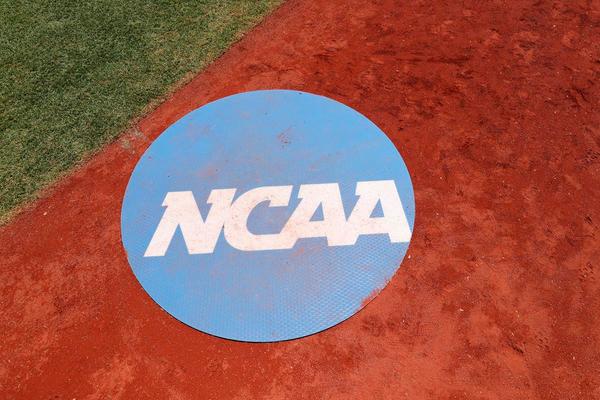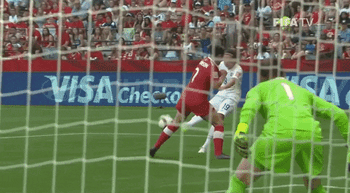Student-athlete groups have been pushing the envelope on player compensation

The GIST: As the college sports world awaits additional name, image and likeness (NIL) guidance from the NCAA, student-athlete groups have been pushing the envelope on player compensation, with both an antitrust violation complaint and a pay lawsuit against the NCAA making waves recently.
The complaint: Late last week, the National College Players Association (NCPA) — an organization that advocates for revenue sharing with student-athletes — filed a complaint with the U.S. Department of Justice (DOJ), saying the NCAA’s athlete compensation restrictions violate antitrust laws and calling the org a “predatory economic cartel.”
- While the complaint doesn’t mean the DOJ will investigate, it does pressure the sports governing body to rethink its ban on athlete pay.
The lawsuit: And last Friday, a lawsuit filed by three NCAA athletes — Oregon women’s basketball’s Sedona Prince, Arizona State swimmer Grant House and Illinois football’s Tymir Oliver — seeking a cut of TV revenue is requesting class action status, which would allow thousands of current and former players to join the suit.
- The antitrust suit argues that by restricting NIL to third-party deals, rather than direct payments from the NCAA, schools or conferences, full NIL rights are being denied to players.
- In addition, the filings request damages for restricting NIL deals as far back as 2016, and maintain that media rights money is inherently generated from athletes’ NIL, meaning they should be compensated accordingly.
Zooming out: The lawsuits coincide with a national labor rights movement, which the NIL space isn’t entirely removed from. By cracking the door open on compensation fairness, student-athletes (and their attorneys) are attempting to figure out just how much they could be owed.
- As for the NCAA, despite finally permitting indirect NIL compensation just over a year ago, it still fancies itself a protector of sport amateurism, which is truly ironic given the NCAA booked nearly $19 billion in revenue in 2019.
- From massive coaching and admin salaries to schools not sweating six-figure fines, the NCAA’s unwillingness to pay its athletes is looking more and more absurd — and possibly illegal.
P.S. NCAA action is in full swing. If you like what you just read, subscribe to our three-times weekly college sports newsletter.
Enjoying this article? Want more?

Sign up for The GIST and receive the latest women's sports business news straight to your inbox three times a week

